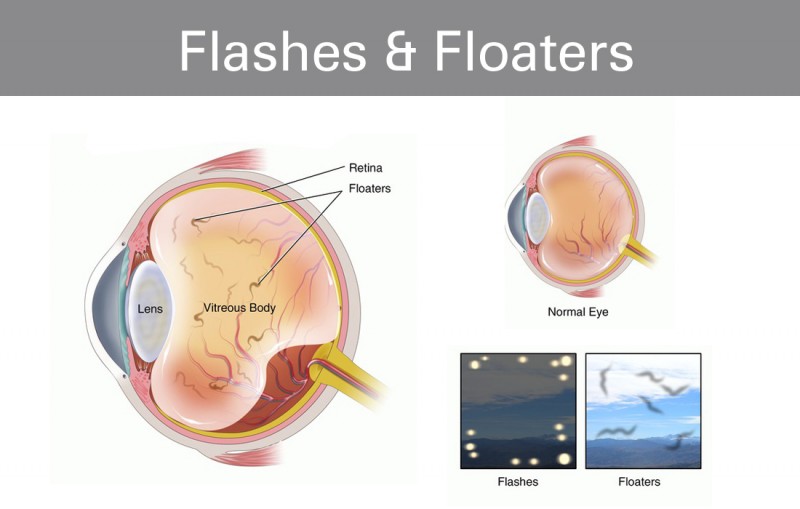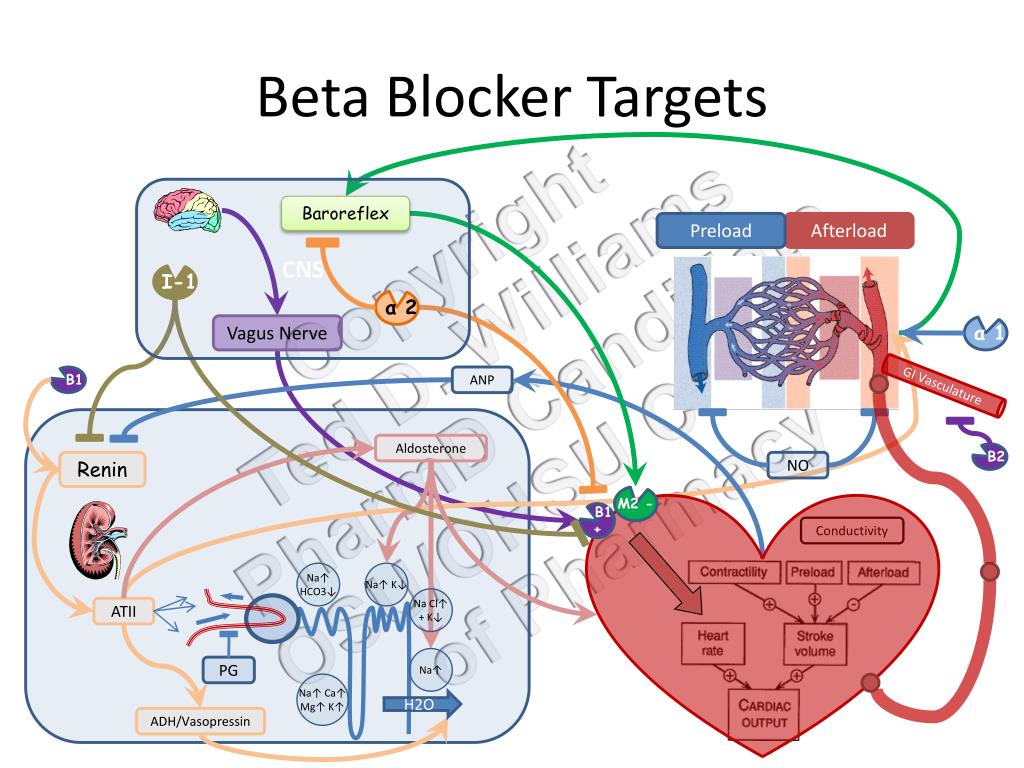Protein Puzzle - Unraveling the Mysteries of Low Total Protein Levels

Understanding Total Protein and Its Importance
Total protein refers to the total amount of protein in the blood, which is essential for various bodily functions. It is a crucial indicator of overall health, and abnormal levels can indicate underlying health issues.
Role of Protein in the Body
Protein plays a crucial role in building and repairing tissues, producing enzymes and hormones, and maintaining fluid balance. It is also necessary for the production of antibodies, which help fight off infections and diseases.
Importance of Total Protein
Total protein levels can help diagnose and monitor various health conditions, such as liver and kidney disease, malnutrition, and cancer. It can also help assess the effectiveness of treatment plans.
Causes of Low Total Protein Levels
Low total protein levels can be attributed to various factors, which can be broadly categorized into lifestyle, medical conditions, and medications. Understanding these causes is crucial for developing effective strategies to address low protein levels.
1. Malnutrition or Inadequate Protein Intake
A diet lacking essential amino acids or insufficient protein consumption can lead to low total protein levels. This is particularly prevalent in individuals who follow restrictive diets or have limited access to protein-rich foods.
2. Liver or Kidney Disease
Both liver and kidney diseases can impact protein production and excretion, leading to decreased protein levels. The liver plays a vital role in protein synthesis, while the kidneys regulate protein excretion. Any dysfunction in these organs can disrupt protein balance.
3. Inflammatory Conditions
Inflammatory conditions like rheumatoid arthritis or lupus can cause protein loss due to chronic inflammation. This inflammation can lead to increased protein catabolism, resulting in low total protein levels.
4. Gastrointestinal Disorders
Gastrointestinal disorders such as celiac disease or Crohn's disease can impair protein absorption. Damage to the gut lining or malabsorption of nutrients can lead to inadequate protein levels.
5. Certain Medications
Certain medications like steroids or immunosuppressants can affect protein levels. These medications can alter protein metabolism or increase protein excretion, leading to low total protein levels.
Symptoms and Risks Associated with Low Total Protein Levels
Low total protein levels can lead to a range of symptoms and risks that affect various bodily functions. Some of the common symptoms and risks include:
Fluid Buildup and Swelling
One of the primary symptoms of low total protein levels is fluid buildup, leading to swelling in the legs, ankles, and feet. This occurs when the body lacks sufficient protein to maintain fluid balance, causing fluid to leak from blood vessels into surrounding tissues.
Fatigue, Weakness, and Lethargy
Protein plays a crucial role in energy production, and low levels can lead to persistent fatigue, weakness, and lethargy. This can significantly impact daily activities and overall quality of life.
Dermatological Issues
Low total protein levels can also cause dermatological issues, including hair loss, skin rashes, and poor wound healing. This is because protein is essential for skin health and maintenance.
Increased Risk of Infections and Diseases
Protein helps maintain a healthy immune system, and low levels can increase the risk of infections and diseases. This is particularly concerning for individuals with compromised immune systems, such as the elderly or those with chronic illnesses.
Diagnosis and Treatment of Low Total Protein Levels
Low total protein levels can be a puzzling phenomenon, but fortunately, there are ways to unravel the mysteries behind it. In this section, we will delve into the diagnosis and treatment of low total protein levels, exploring the various methods and approaches that healthcare professionals employ to address this issue.
Blood Tests to Measure Total Protein Levels
The first step in diagnosing low total protein levels is to conduct blood tests that measure the total protein concentration in the blood. These tests typically include:
- Protein electrophoresis
- Immunofixation electrophoresis
- Quantitative immunoglobulin tests
These tests help identify the types and amounts of proteins present in the blood, allowing healthcare professionals to determine if protein levels are indeed low.
Medical History and Physical Examination to Identify Underlying Causes
A thorough medical history and physical examination are essential in identifying the underlying causes of low total protein levels. Healthcare professionals will typically ask questions about:
- Medical history, including previous illnesses and surgeries
- Medications and supplements being taken
- Dietary habits and protein intake
- Family medical history
A physical examination may also reveal signs of underlying conditions, such as:
- Edema (swelling)
- Fatigue
Dietary Changes to Increase Protein Intake
In some cases, low total protein levels can be addressed through dietary changes. Healthcare professionals may recommend:
- Increasing protein-rich food consumption, such as lean meats, fish, eggs, dairy products, legumes, and nuts
- Taking protein supplements, if necessary
- Avoiding excessive alcohol consumption
- Maintaining a balanced diet that includes essential nutrients
Treatment of Underlying Conditions
If underlying conditions are contributing to low total protein levels, treatment will focus on addressing these conditions. This may involve:
- Medications to manage conditions such as liver or kidney disease
- Lifestyle modifications, such as weight loss or exercise programs
- In some cases, hospitalization may be necessary to manage severe conditions
Prevention and Management Strategies
Low total protein levels can be a significant concern, but there are ways to prevent and manage this condition. Here are some effective strategies to help you maintain healthy protein levels:
Maintaining a Balanced Diet with Adequate Protein Intake
Eating a well-rounded diet that includes sufficient protein is crucial. Focus on whole foods like lean meats, fish, eggs, dairy, legumes, and nuts. Aim for 0.8-1 gram of protein per kilogram of body weight daily. Additionally, consider consulting a registered dietitian or nutritionist for personalized guidance.
Staying Hydrated and Managing Fluid Balance
Adequate hydration is vital, as it helps maintain fluid balance and supports overall health. Drink plenty of water throughout the day, aiming for at least eight glasses. Additionally, monitor your fluid intake and output to ensure balance, especially if you have underlying medical conditions.
Avoiding Medications that Can Affect Protein Levels, if Possible
Certain medications, such as corticosteroids and certain antibiotics, can impact protein levels. If possible, talk to your doctor about alternative medications or adjusting your dosage to minimize the effect on protein levels.
Regular Health Check-ups to Monitor Protein Levels and Overall Health
Regular health check-ups are essential to monitor protein levels and overall health. Schedule regular appointments with your doctor to track your protein levels, address any concerns, and adjust your prevention and management strategies as needed.















Comments ()